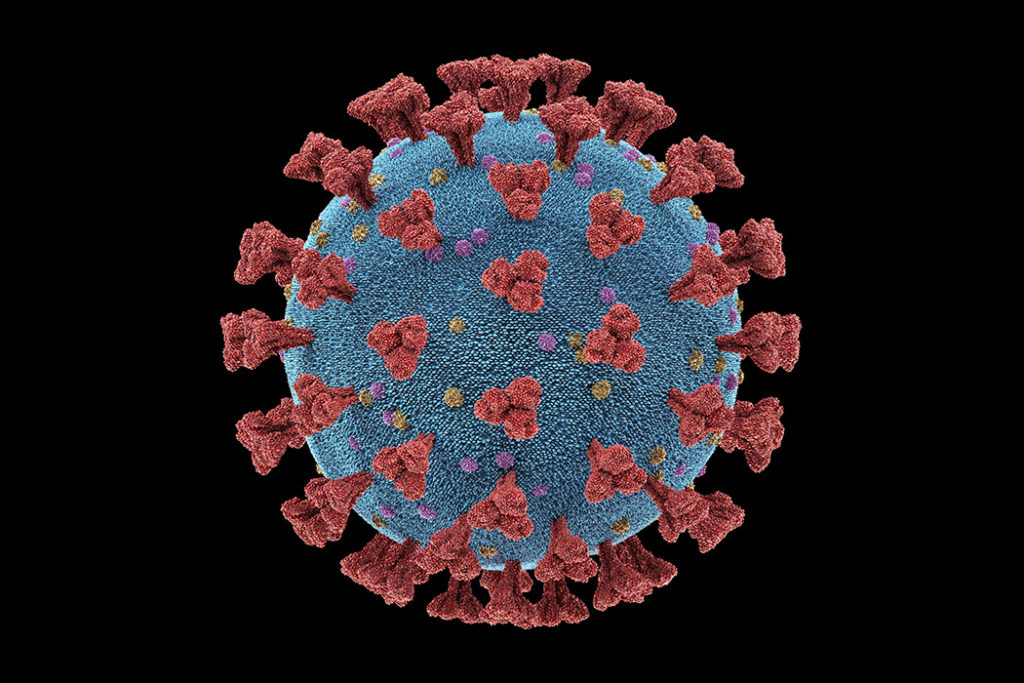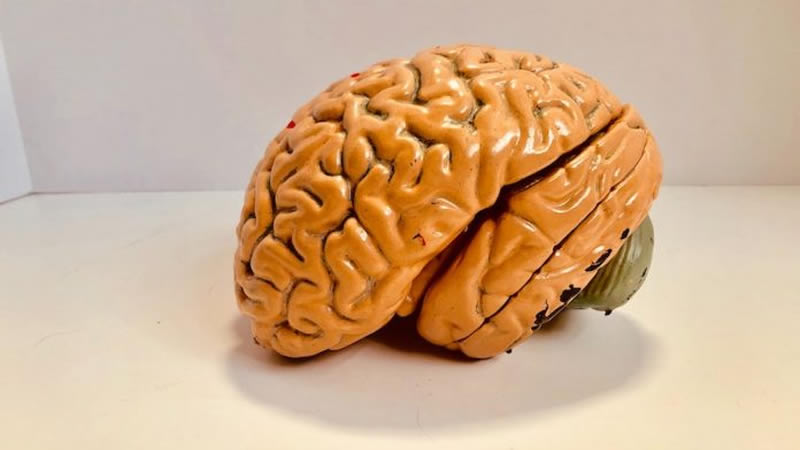In a new study from Stanford University, researchers found the brains of people who died from COVID-19 were remarkably similar to the brains of people who die from neurodegenerative diseases such as Alzheimer’s and Parkinson’s, showing inflammation and disrupted circuitry
They found the brains of patients who died from severe COVID-19 showed profound molecular markers of inflammation, even though those patients didn’t have any reported clinical signs of neurological impairment.
In the study, the team analyzed brain tissue from eight people who died of COVID-19 and 14 people who died of other causes.
About one-third of hospitalized COVID-19 patients report neurological symptoms such as fuzzy thinking, forgetfulness, difficulty concentrating and depression.
These problems can persist as part of what’s called “long COVID,” a lingering condition that sometimes affects patients after they recover from the original infection.

While there was strong inflammation in the brains of the deceased COVID-19 patients, their brain tissue didn’t have any signs of SARS-CoV-2, the virus that causes COVID-19.
The team pointed out that scientists disagree about whether the virus is present in COVID-19 patients’ brains.
Viral infection appears to trigger inflammatory responses throughout the body that may cause inflammatory signaling across the blood-brain barrier, which in turn could trip off neuro-inflammation in the brain.
It’s likely that many COVID-19 patients, especially those reporting or exhibiting neurological problems or those who are hospitalized, have these neuro-inflammatory markers we saw in the people we looked at who had died from the disease.
These findings may help explain the brain fog, fatigue and other neurological and psychiatric symptoms of long COVID.
If you care about COVID and brain health, please read studies about scientists find COVID-19 attack on brain, not lungs, triggers severe disease and findings of these common health issues may increase brain damage in COVID-19.
The study is published in Nature. One author of the study is Tony Wyss-Coray.


